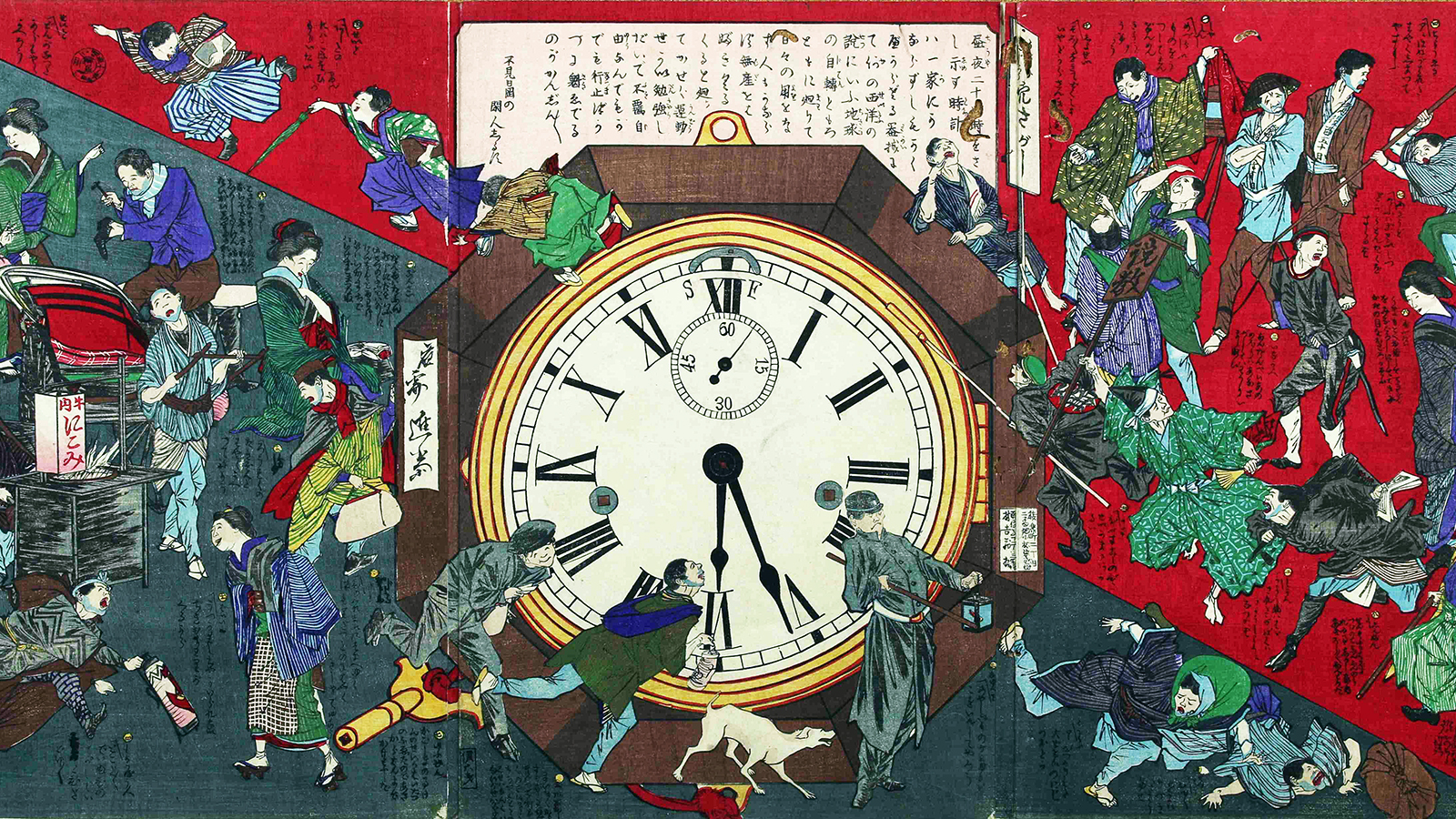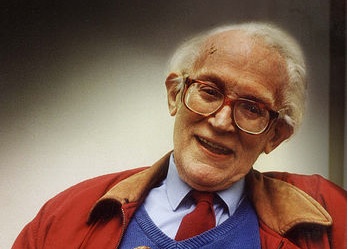As America Forgets It, the Rest of the World Embraces the Beauty Pageant

Is there a more iconic piece of Americana? The sashes and tiaras, canned responses about world peace, and of course the not-so-genuine hug between the champion and runner-up. But the beauty pageant is fading in the rearview mirror of American pop culture. Surprisingly, the rest of the world is suddenly embracing beauty pageants as an empowering tool.
The history of the beauty pageant practically parallels the history of the last American century. First presented in 1921, the Miss America pageant has long been the mother of all pageants, inspiring a song that is among America’s most instantly-recognizable anthems. But recent history hasn’t been so kind. With Miss America relegated in recent years to the CMT channel and currently without a broadcast home after two years on TLC, the pageant is approaching irrelevancy. It has made some headlines in years past, but mostly for the controversy surrounding Rush Limbaugh’s appearance as a judge and the public spectacle made of topless photos of last year’s runner-up, Carrie Prejean.
The rest of the world, on the other hand, is discovering pageants. They’ve gained considerable popularity in China over the past decade, a country that once railed against Western decadence. With Guangzhou hosting more than 10 pageants in 2002, they’ve become a symbol of development in the country.
The traditional American pageant dwindled under numerous controversies over the past decade, most notably former Miss USA Tara Conner’s drug- and alcohol-fueled bender. But the Czech Republic, whose people certainly weren’t privy to beauty pageants during the Cold War, is suddenly experiencing something of a pageant boom. While pageant contestants have been portrayed as vapid starlets in North America, former Miss Czech Republic Michaela Malacova has become known as a Czech political campaigner. Some of Eastern Europe’s most isolated enclaves, including Siberian prisons, are even discovering the wonderment of the pageant.
Meanwhile, Western European beauty pageants have suddenly become a divisive topic among women, with competitors pointing out that pageants and feminism are not mutually exclusive. With these pageants now piercing some of England’s elite academic institutions, beauty contests are suddenly becoming hailed as empowering of all things. In 2006, a Miss Teen Australia competition became much more than a beauty contest when Ayten Ahmet’s inclusion in the contest inspired great debate in the Muslim world. With applicants now welcome for the 2010 Miss Earth competition, a contest seeking “eco-warring young women,” beauty pageants may have become relevant around the world at a time when they are considered a joke in the country that invented them.
You might not be able to find Miss America on your television next year, but for what it’s worth, the beauty pageant may be, against all odds, doing some good in other parts of the world.





